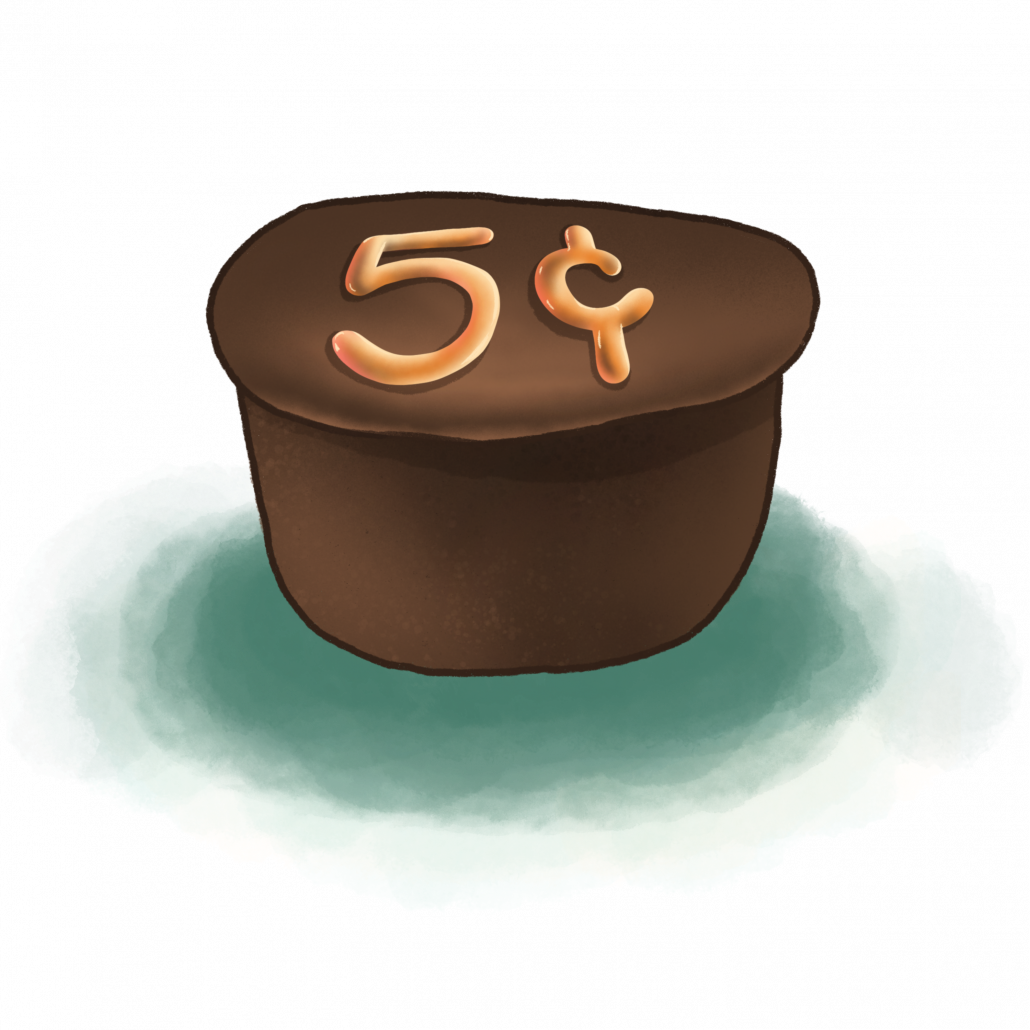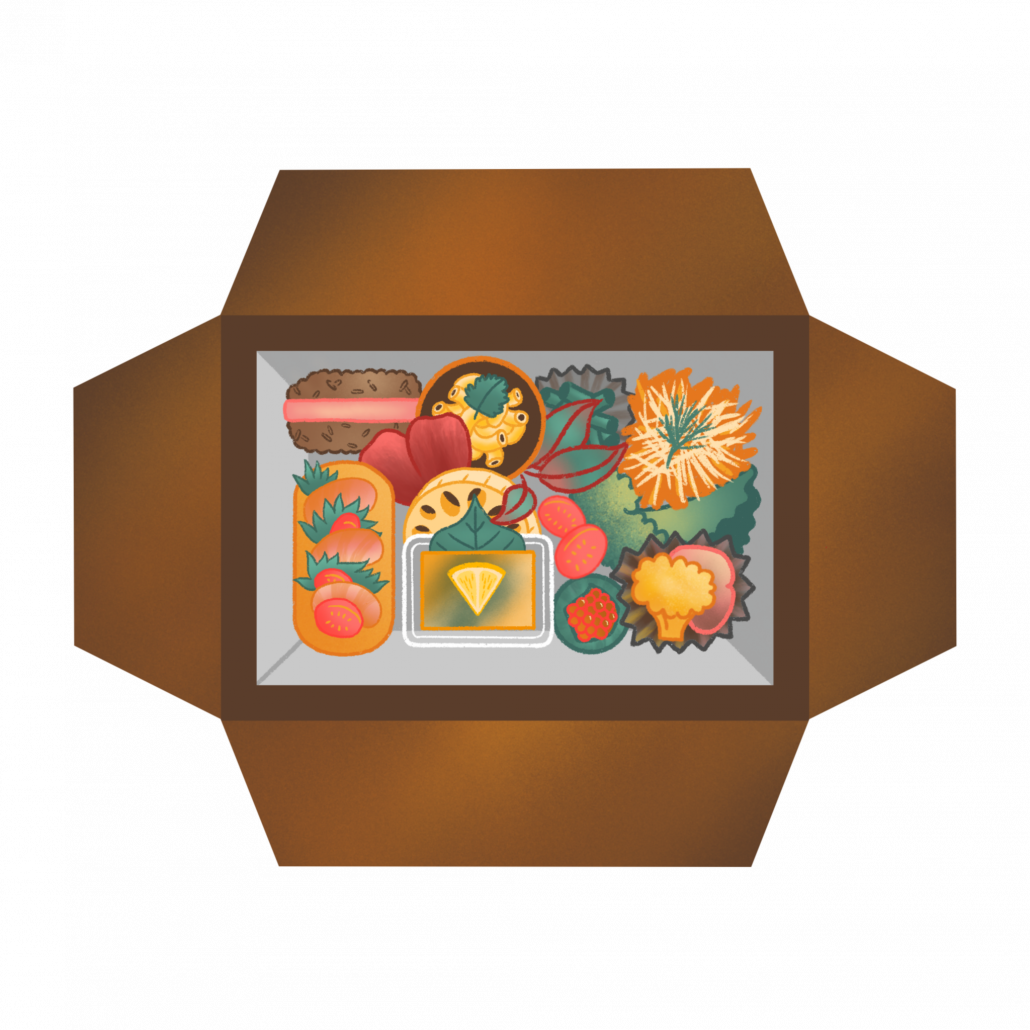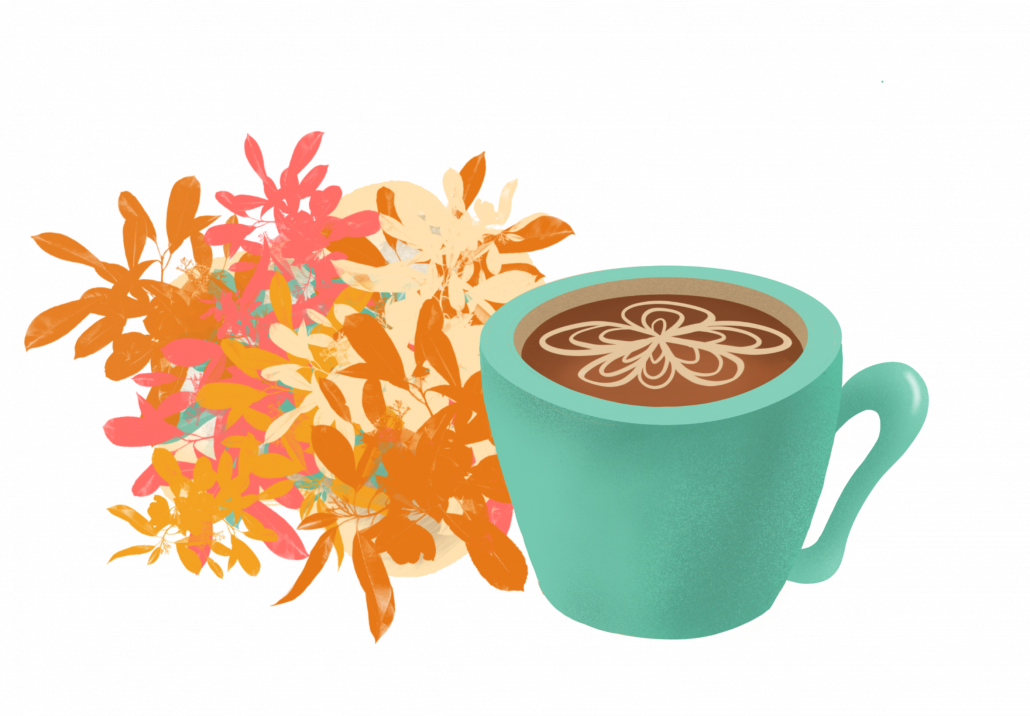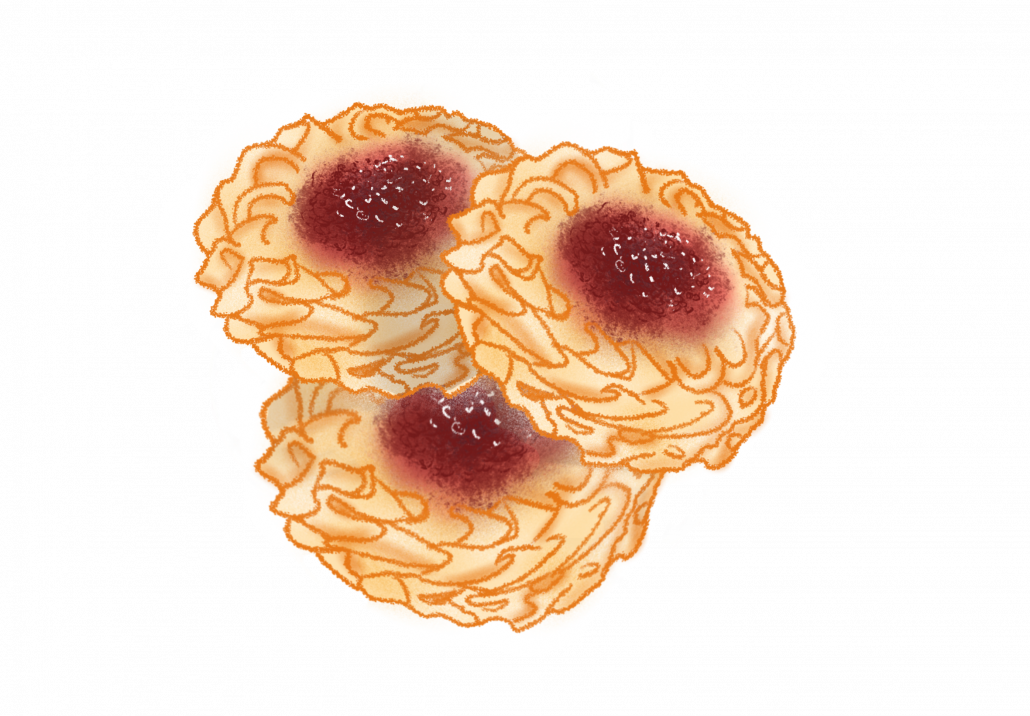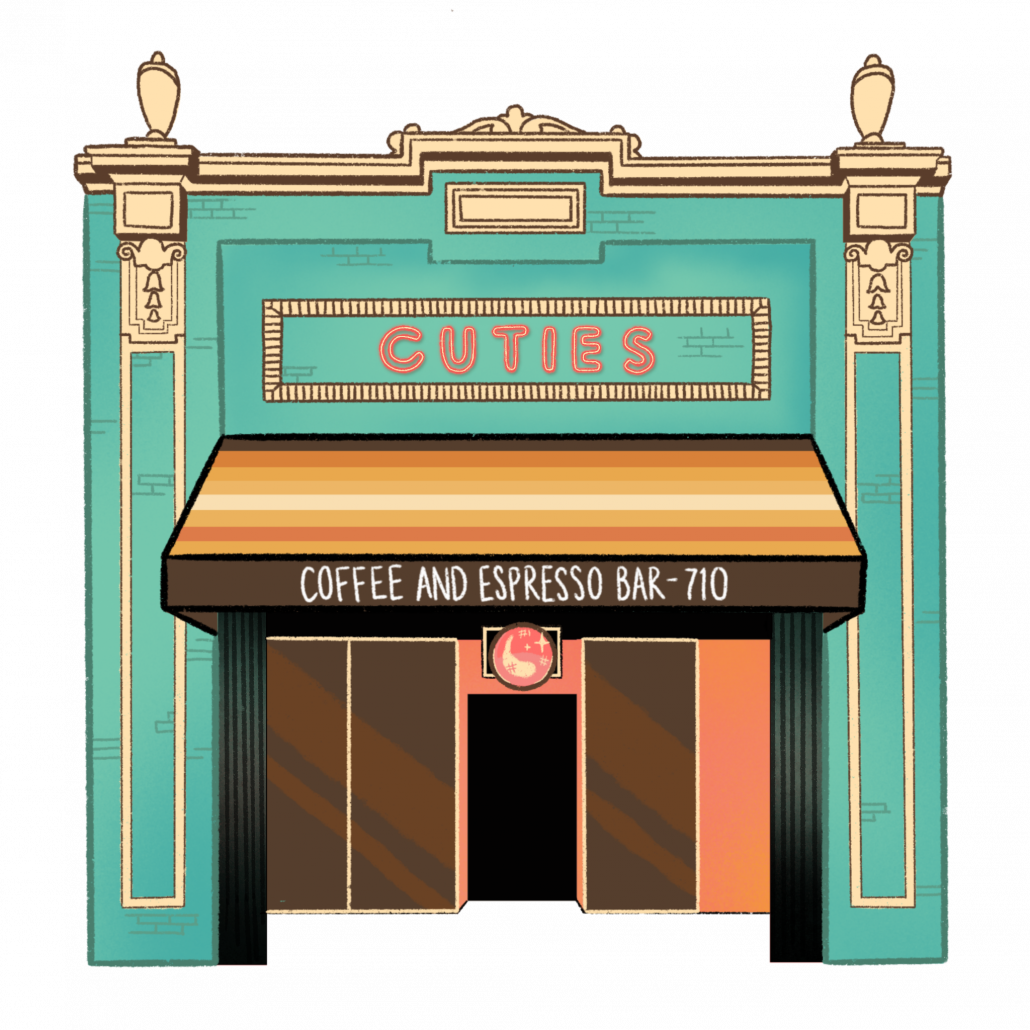Support these local LGBTQ+ businesses
In the whirlwind that was 2020, we experienced a great deal of change in a relatively short amount of time. While there have been significant repercussions from the pandemic on a global scale, what do these developments mean for smaller, local areas? The Los Angeles area specifically has seen many known and loved restaurants close as new ones take their place and businesses shift their priorities to adapt to the new normal. Many LGBTQ+ businesses emphasize the importance of belonging and togetherness, along with providing excellent services and products. The idea of community has been especially important during the pandemic, but it is always something we can be empowered by — pandemic or not. So, as you relearn your new L.A. this semester, try stopping by one of these LGBTQ+ owned businesses.
Nickel Diner
Located in the heart of L.A., the 40’s-era Nickel Diner has not only served countless meals but also the members of its Downtown community. During the coronavirus pandemic, the owners, Kristen Trattner and Monica May, worked with several organizations, such as Skid Row Housing and the Downtown Women’s Center, to provide meals for those in need. You can either visit their retro, red-brick storefront on South Main Street or donate online to help them feed people without housing.
Liberation Coffee House
Liberation Coffee House is the newest addition to the Los Angeles LGBT Center’s intergenerational Culinary Arts program. The program spans several months and teaches LGBTQ+ people of all ages the skills necessary to work in the restaurant industry. Built on the center’s Anita May Rosenstein Campus, the brightly-colored café is staffed by graduates from the culinary program and funds many services that the center provides. Lined along the pink and yellow walls (accompanied by pink grouted tile counters) are benches and tables of all sizes that welcome visitors to enjoy the space.
n/soto
The sister-store to the famed n/naka, n/soto was created during the coronavirus pandemic by Niki Nakayama and Carole Iida-Nakayama. The couple’s restaurant is inspired by the Japanese word “soto,” or outside. While the pandemic forced us to become distanced, the two chefs at n/soto interpreted the word differently: “We hope to step outside of the familiar and welcome the opportunity to learn from the bigger world around us. We believe food can bring people together. It opens up new worlds and shapes our understanding of one another.” As n/soto is not offering any dine-in options, but you can place an online bento box order.
Bloom and Plume Coffee
Bloom and Plume Coffee is another business that fosters togetherness. In their company story detailed online, they insist on being “not just a coffee shop, but a community oriented brand that wholeheartedly seeks to unite people.” Decorated by co-owner Maurice Harris — who also founded the floral company Bloom and Plume — the café is painted in a rich purple and covered in metallic mannequins sporting tees, totes and hats with the shop’s logo. Just beyond the large plant installation hanging over the front entrance are a few tables for outdoor seating that provide a spot to have a cup of coffee with friends.
Little Barn Coffee House
Sitting squarely in the middle of a suburb in Glassell Park is Little Barn Coffee House. The Latina-owned business offers an entirely vegan menu and a spacious outside-eating area on the back patio. The patio houses several long tables and succulent centerpieces that circle a tree with ceramic windcatchers. These homey touches, along with the wooden picket fence that borders the area, makes it feel as if you’re eating in a friend’s backyard.
The Ripped Bodice
“The Ripped Bodice is the only exclusively romance bookstore on the West Coast. The store is proudly Woman and Queer Owned.” If that statement alone has not already sold you on The Ripped Bodice’s appeal (and let’s be honest, how can it not?), it only gets better. The bookstore, owned by the Koch sisters, is full of antique bookshelves and cushioned chairs — a far cry from your corporate Barnes & Noble. They also conduct annual projects such as “The State of Racial Diversity in Romance Report,” where they track the yearly number of romance books written by Black and Indigenous authors and authors of color to help bring attention to marginalized voices. You can shop for books on their website or at their pink storefront in Culver City.
Cuties(.com)
Although they closed their brick and mortar store during the pandemic, Cuties is still up and running. Like many things this past year, the coffee shop transitioned to a virtual space: hicuties.com. Their website, “a Black & queer-run virtual community space for LGBTQIA+ folks,” shares news on upcoming community events, fundraisers you can donate to, information about other LGBTQ+ businesses in the area and various activism resources. While Cuties may no longer hold a physical space, it continues to have a lasting presence.


